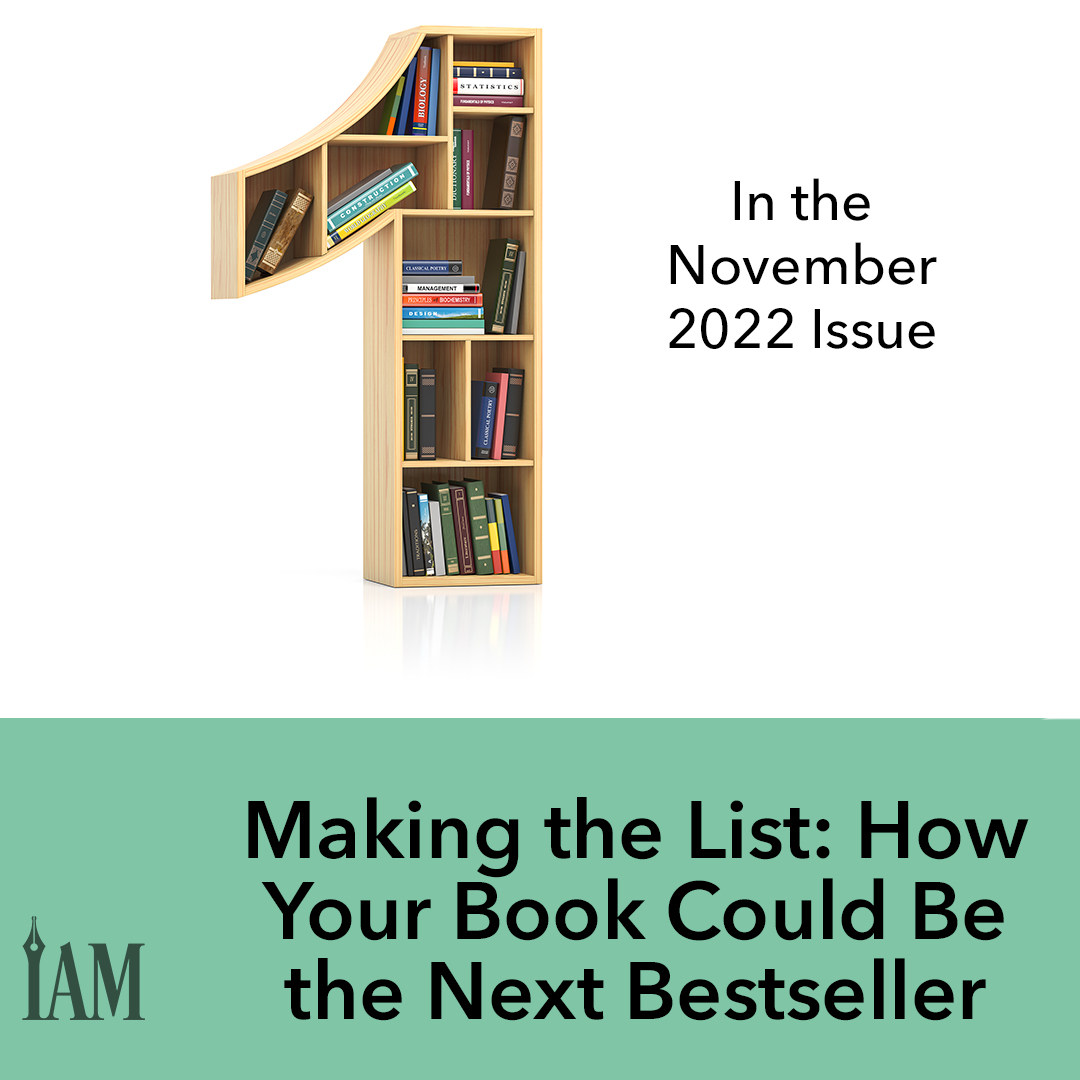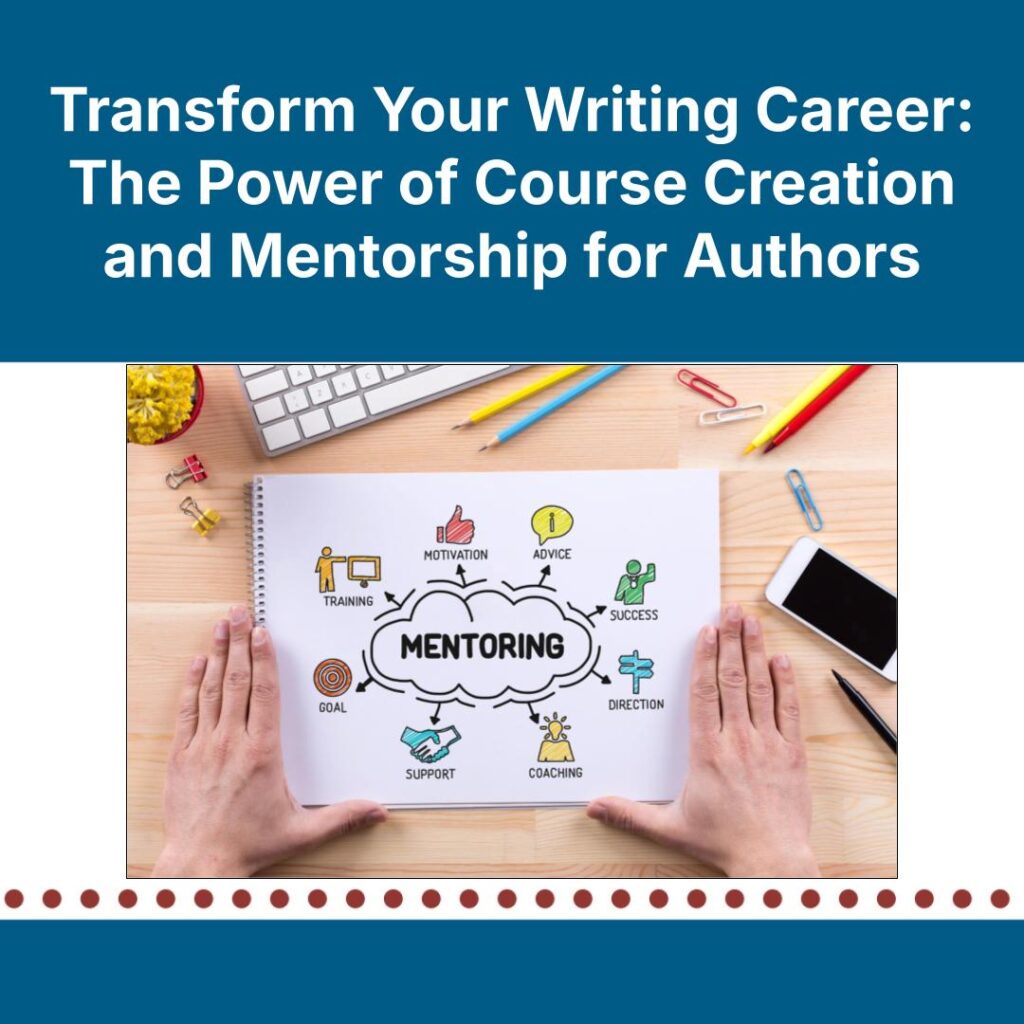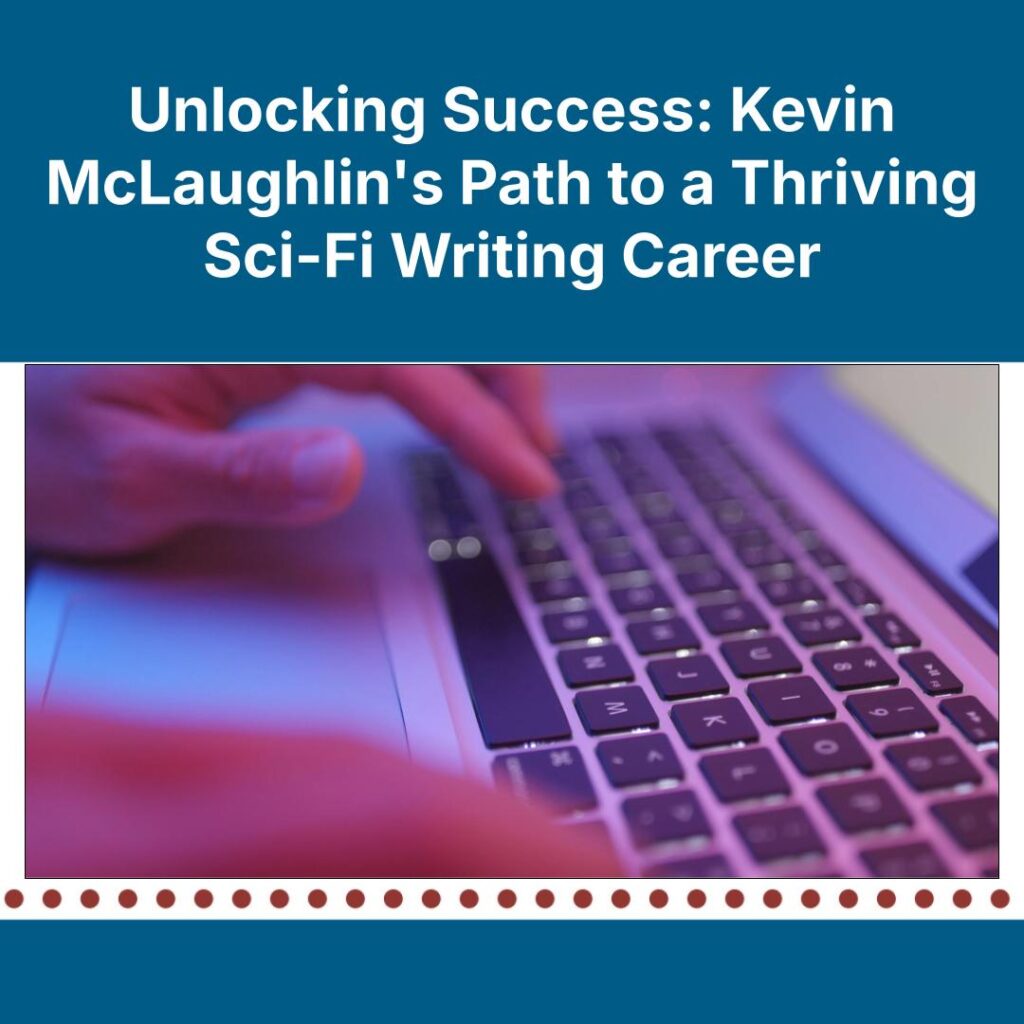Some see attaining bestseller status as a pinnacle of author success.
Whether for the publicity it can provide for their work or the sense of achievement it can bring on a more personal level, nearly every author dreams of one day having their title immortalized on one of the most prestigious lists known to publishing. But how can you achieve this monument, and what are the risks involved? In this article, we’ll examine what a bestseller list is, as well as some of the requirements you’ll need to know in order to partake in a bestseller run of your own.
What the Bestseller List Isn’t
Bestseller lists aren’t the most accurate depictions of sales numbers. Some lists, such as The New York Times Bestseller List, are curated, which means organizers choose titles based on a variety of factors about the book and not just how many copies it sells. The methodology for choosing books that will be on the bestseller list varies by the organizations that publish them. In fact, some titles that are listed as bestsellers for multiple weeks only sell hundreds of copies, not thousands, according to a 2018 report by EPJ Data Science. Additionally, not all bestseller lists will include self-published titles in their initial data pools.
Keep in mind that making the top of Amazon lists and categories does not equal bestseller status either. Amazon often discourages authors from calling themselves “Amazon Bestsellers,” to where it will potentially remove books from sale that include the term on their cover copy or on their sales page.
So if the lists are so heavily skewed, why attempt to have your book listed? Although some lists have been curated by organizers, other bestseller lists are strictly based on numbers and therefore provide equal opportunities for all authors. These are the lists that are most viable for indie authors. If you’re interested in attaining a bestseller title, it is best to focus on lists that are created by publications such as USA TODAY and Wall Street Journal, who often list indie writers among their rankings.
Why Bestseller Lists Matter
A variety of authors choose to focus on sales instead of attaining a spot on a bestseller list, which is a valid goal. After all, an author can sell thousands of copies of their books without attaining bestseller status and still make a good income. What makes a bestseller title important is the benefits it can have for your career overall.
If used properly, a bestseller title can
- bolster your acceptance rate for advertising promotions, such as BookBub deals;
- enhance your chances at gaining featured slots with Kobo, Barnes & Noble, and other distributors;
- increase your viability for signing a print-exclusive deal with traditional publishers;
- help you be accepted as a signing author at exclusive book conventions and land speaking engagements;
- make your name more recognizable for awards and competitions;
- open pathways for potential contracts that lead outside of publishing, such as film rights; and
- give credibility to readers about your work.
Attaining a bestseller status opens doors for indie authors that were previously closed to them. Striving to achieve a “bestseller” ranking for your work isn’t so much a money-making strategy as it is a long-term investment in your career, providing avenues to both make an income and gain opportunities from non-traditional methods once you have the achievement in hand.
Bestseller Requirements
There are a variety of bestseller lists available, and each of them have different requirements your work must meet in order to be listed. Generally, however, it’s best to make sure your book meets the following criteria:
- The book is wide and listed on several retailers. It cannot be exclusive to Kindle Unlimited.
- You must gain a minimum of four thousand sales on Amazon and at least three hundred sales on other platforms, whether they be on Apple, Barnes & Noble, Kobo, or elsewhere, though these numbers fluctuate depending on the books released that week. If you go for a list run during a popular time of year for book sales, such as December, you will need to sell more books in order to compete against Christmas sales of other titles.
- These sales numbers must be accumulated in a one-week period, from Monday to Sunday.
E-books, paperbacks, and hardcovers all count toward a book’s sales data. In most situations, audiobooks do not count toward sales numbers for bestseller lists, though this may change in the future.
How to Have a Bestseller Run
Receiving a ranking on a bestseller list is no small feat, and in most cases, the achievement takes an incredible amount of hard work, as well as a significant financial investment. The average cost to take on a list run can vary from as little as three thousand dollars to as much as twenty thousand dollars, with no guarantee that it will result in a ranking. Authors have hit—and missed—the lists with such investments, so authors who attempt a list run should first have an established career that can afford the investment.
Many authors attempt to undergo a list run when they’ve been accepted for a BookBub Featured Deal, in order to enhance their chances of gaining better sales numbers. At other times, it’s best to attempt a list-making run during a new release, when your book is most likely to be most exciting to your fan base, or during a sale, so new-to-you readers can give your book a shot without the risk of paying regular price. Booking other promotions, such as newsletter slots, can enhance your chances of making the lists. Asking retailers to feature you, such as applying for Kobo Writing Life Promotions during the week of your run, can give your book enhanced placement on retailers.
Alternatively, several indie authors have attained bestseller status without attempting to be included, such as bestselling Romance author Renee Rose. These authors often hit the lists because of a new release or a big sale that they’ve announced to their fans. If your reader base is large and they purchase a title of yours all at once, your chances of hitting the list without a designated run increase.
Although list-making can appear to be more complicated than it may seem, attaining status on a bestseller list can be beneficial for an author’s career if they understand the benefits it may offer, plan for it carefully, and are willing to take the risk.
This is the first in a series of articles exploring techniques for reaching bestseller status as a self-published author.
Megan Linski-Fox









